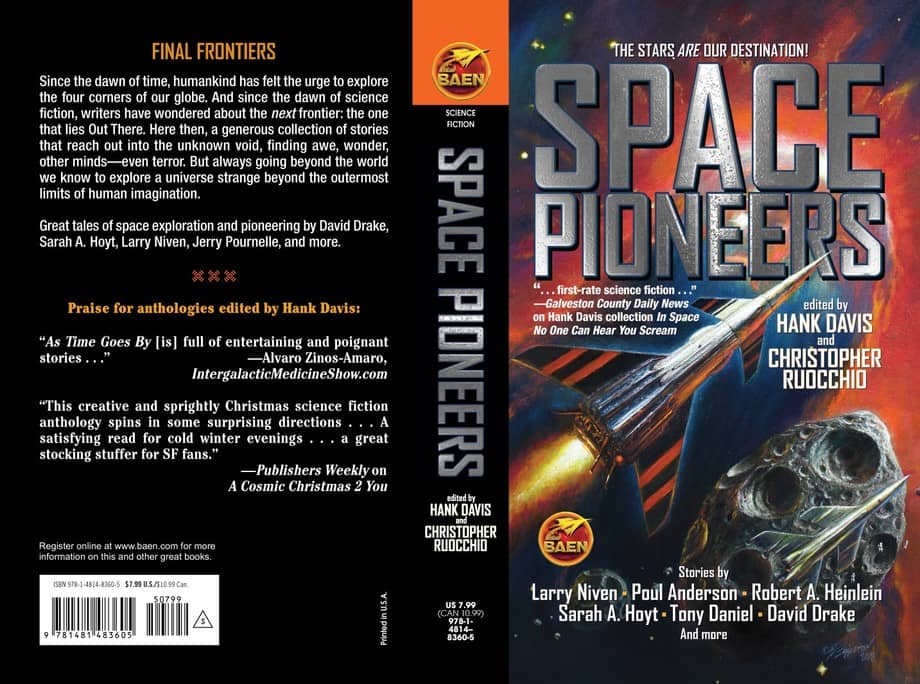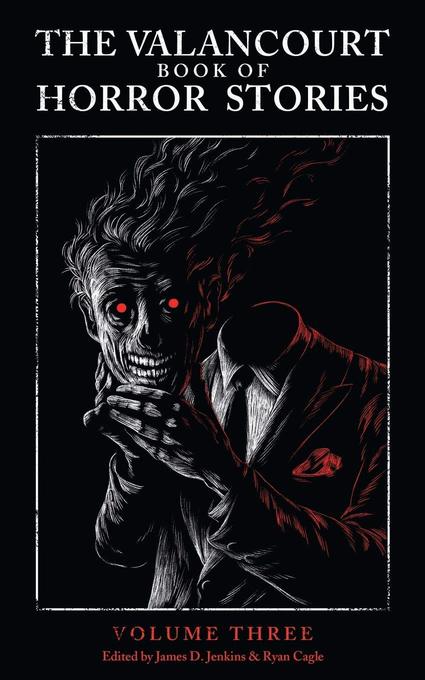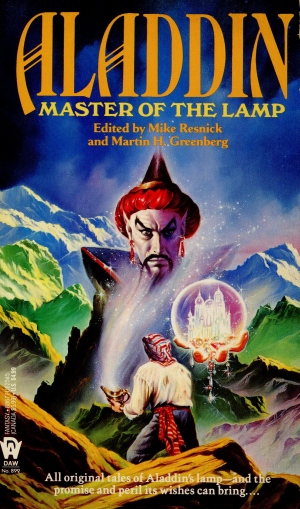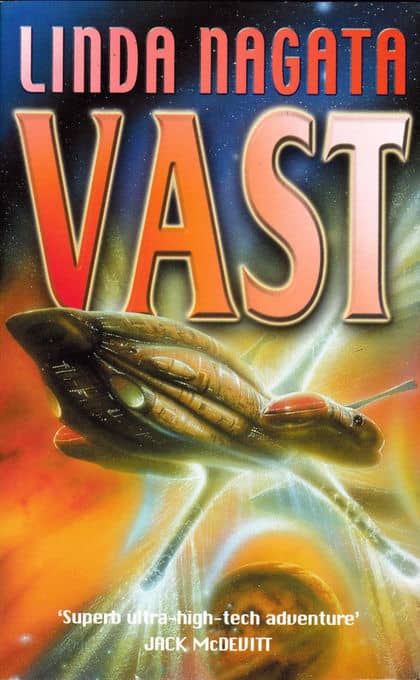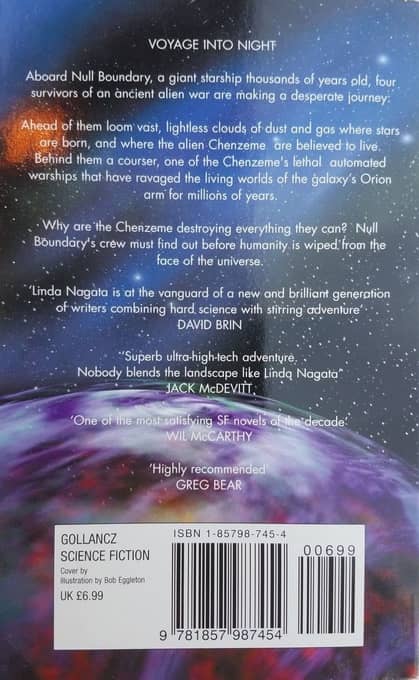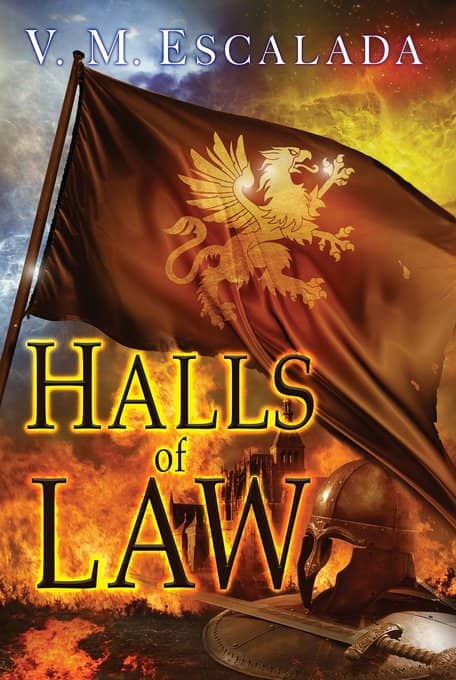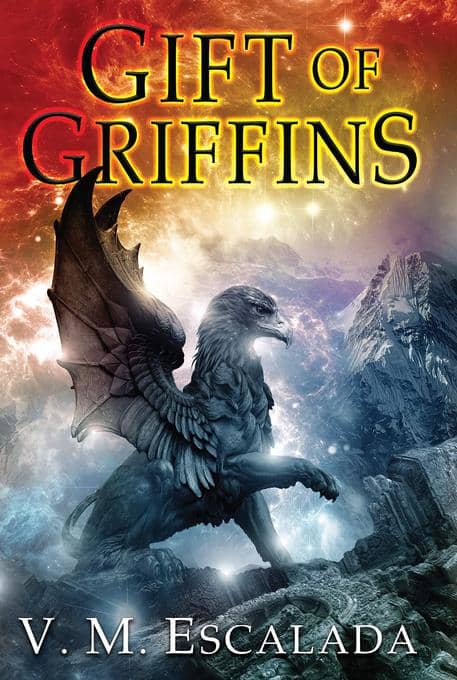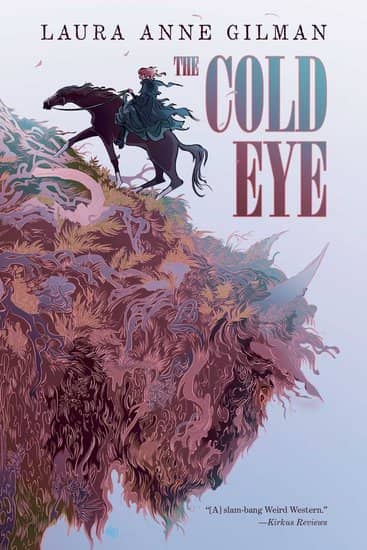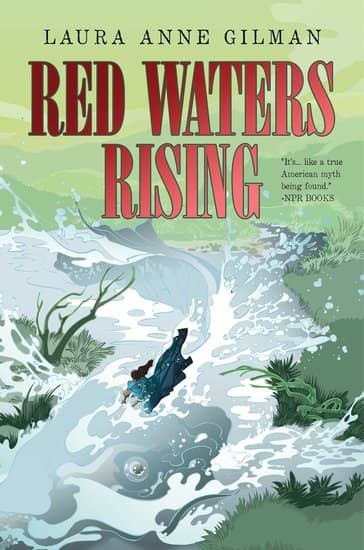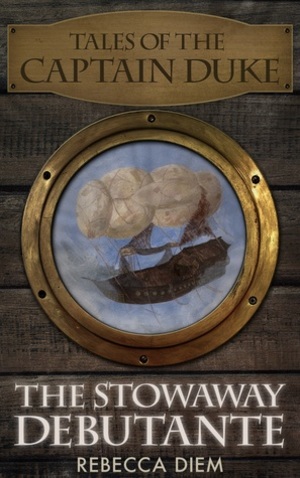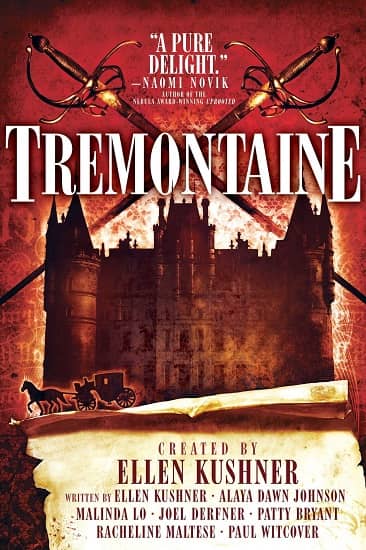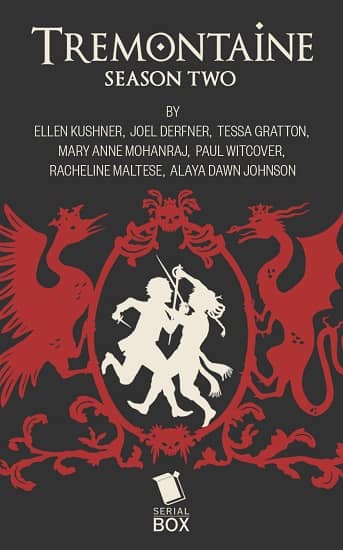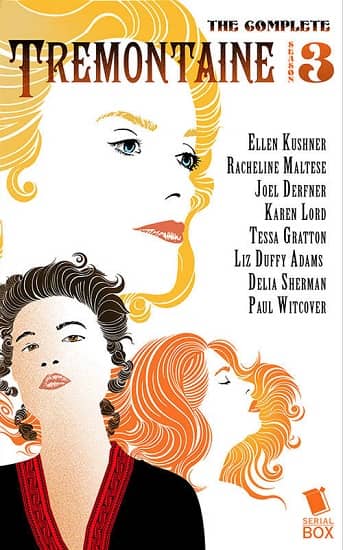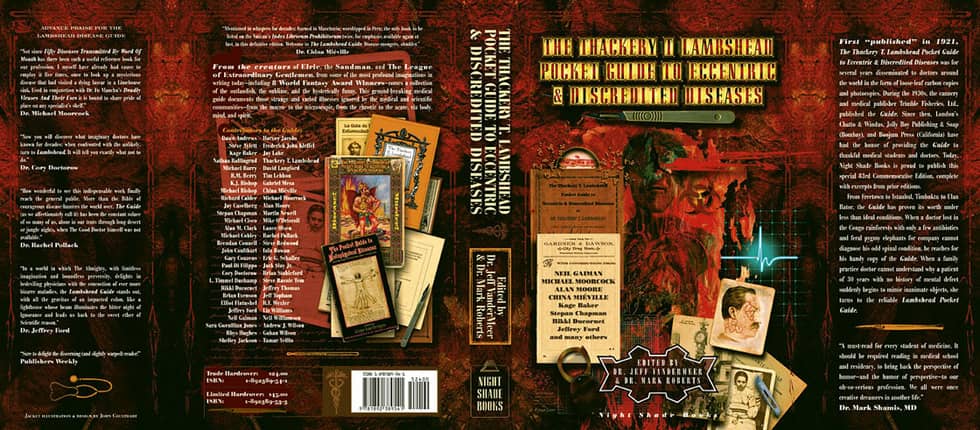Explore the Outer Rim with Space Pioneers, edited by Hank Davis and Christopher Ruocchio
Back in June I wrote a brief piece about Hank Davis’s upcoming Baen anthology Space Pioneers, a collection of new and classic SF tales of space exploration. Hank recently sent me an update on the book, and it keeps looking better and better. In June Baen listed it as 304 pages, but the PDF copy Hank sent me is a whopping 512 pages, packed with fiction by Clifford D. Simak, Poul Anderson, Fredric Brown, Larry Niven, Murray Leinster, Edmond Hamilton, Manly Wade Wellman, Robert A. Heinlein, Theodore Sturgeon, Jerry Pournelle, Tony Daniel, and many more.
For a mass market paperback priced at $7.99, this is a real treasure trove. Here’s Hank:
I’m presently proofing the pages for Space Pioneers, coming from Baen around Turkey Day. Figuring you would like to see those pages, I’m passing them on to you, with the warning that this is the virtually unproofed version, so please keep that in mind.
Some of the typos I’ve seen so far, such as “Frederik Brown,” “Lester del Ray,” and other reasons-to-slit-editorial-wrists will be fixed, but I’m sure I’ll miss something until it is in cold, dry, unforgiving print for all the world to see…
And also attached is the nearly final version of the paperback’s wraparound cover. Aside from the back cover and spine now being visible, it differs from the one I sent you a few months back in having Robert A. Heinlein’s name on the front, replacing Jerry Pournelle, who will now be on the back cover. If it isn’t too late (and I won’t know that until the survivors return from DragonCon), I’m going to add Clifford D. Simak to the names on the back cover.
Hank’s co-editor for the project is Christopher Ruocchio, whose first anthology for Baen was Star Destroyers, (co-edited with Tony Daniel), and whose debut novel Empire of Silence has been getting lots of acclaim.
Here’s a peek at the updated table of contents for Space Pioneers.
